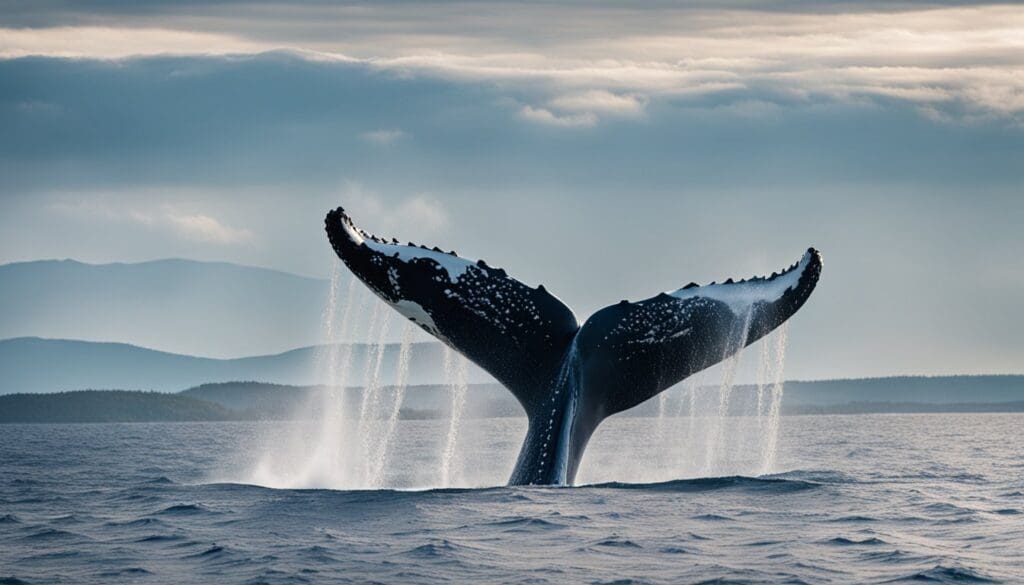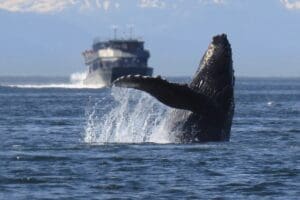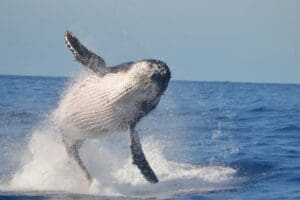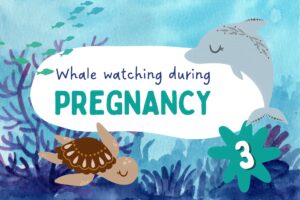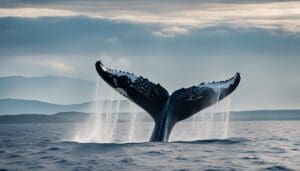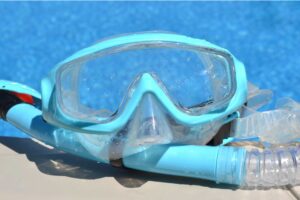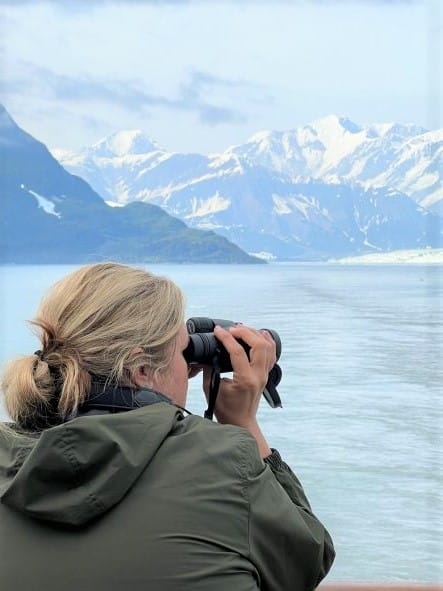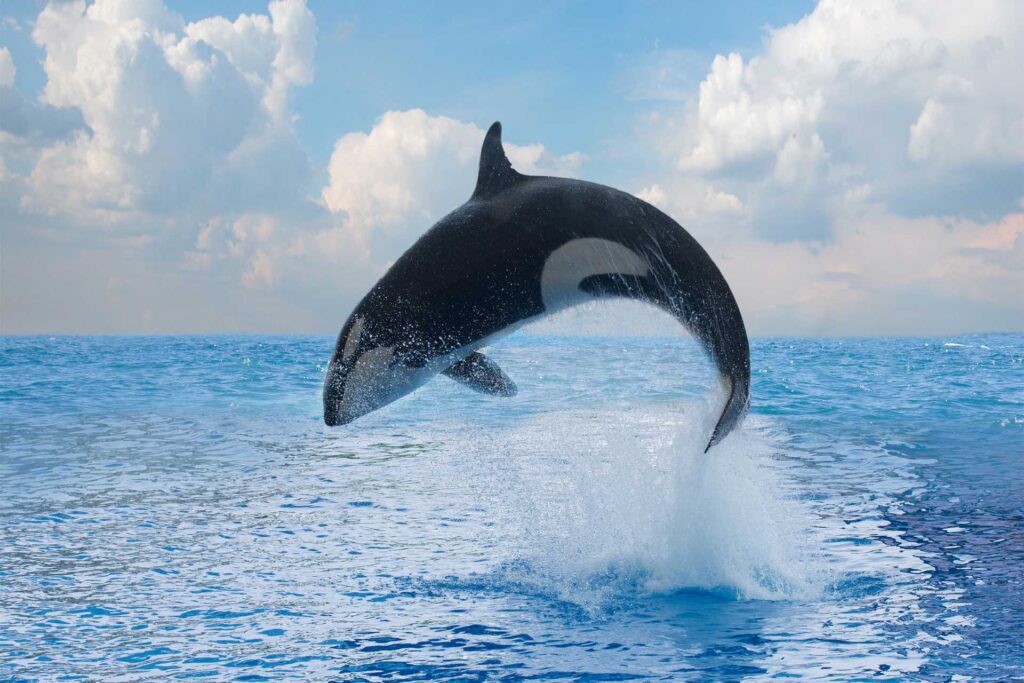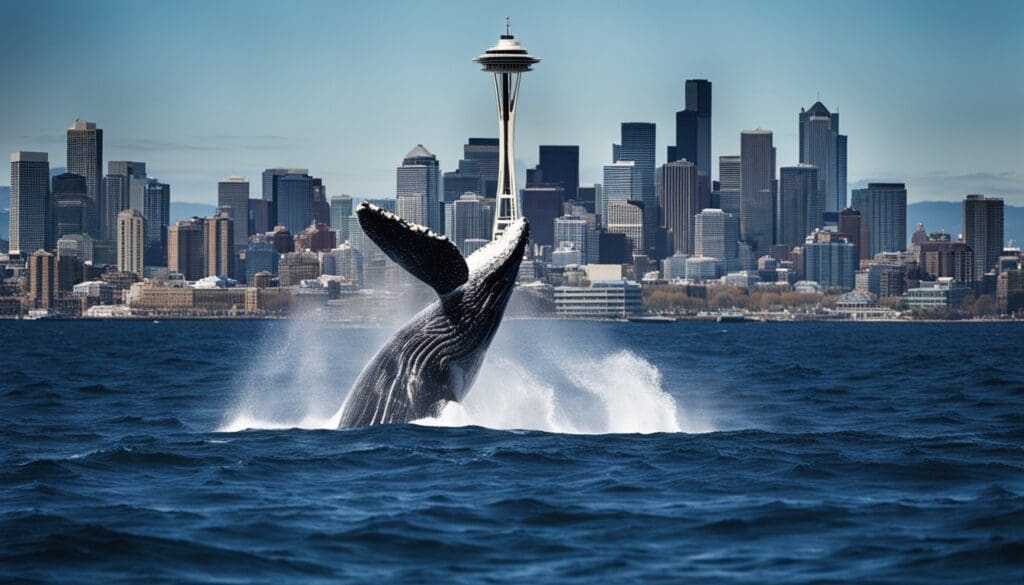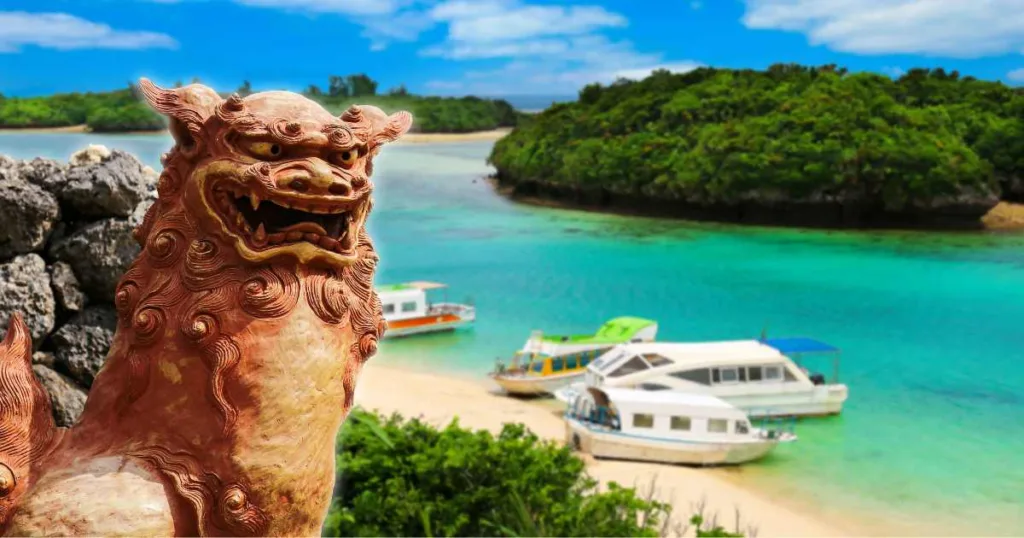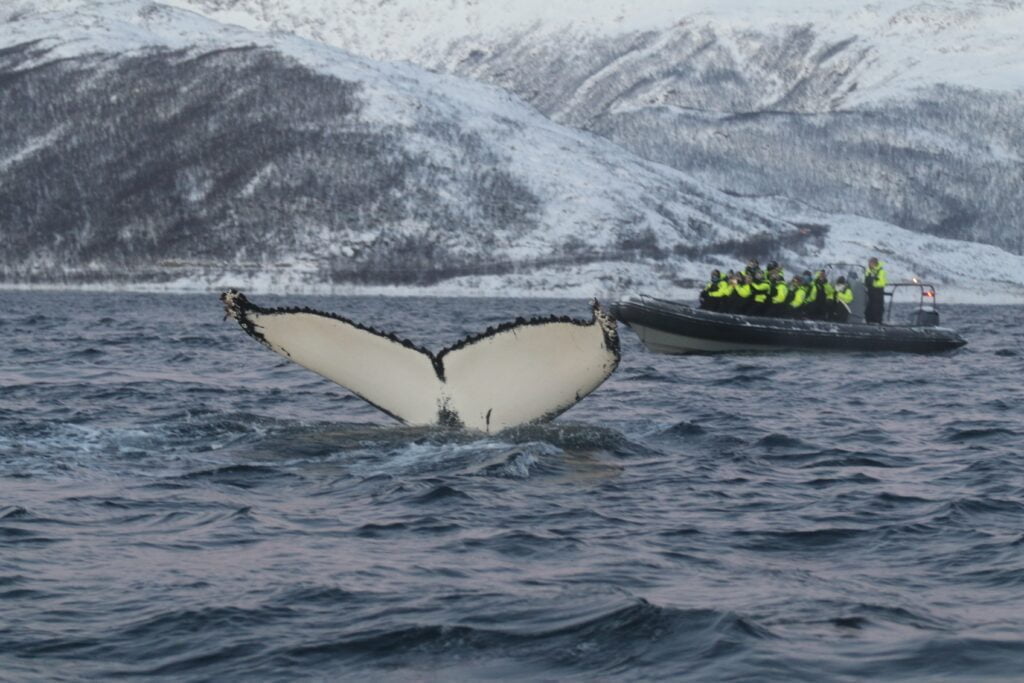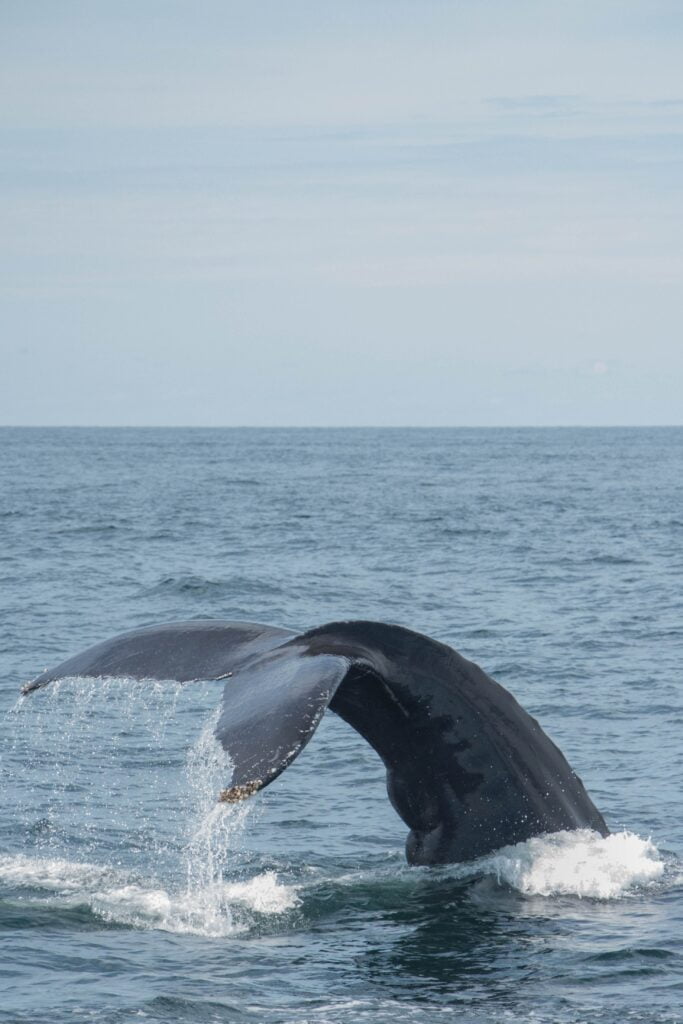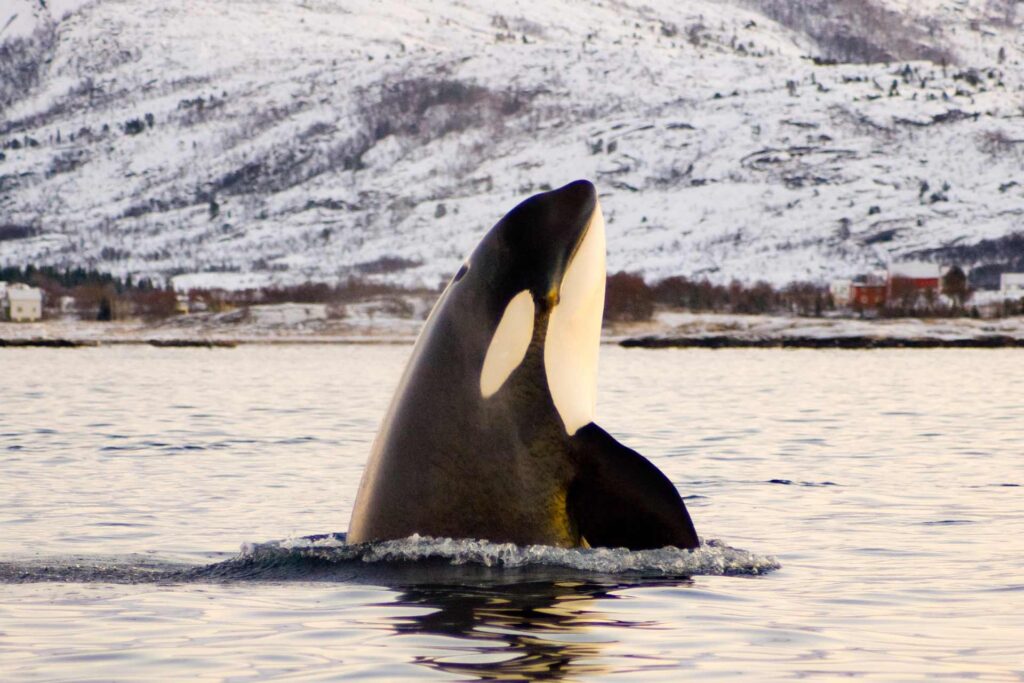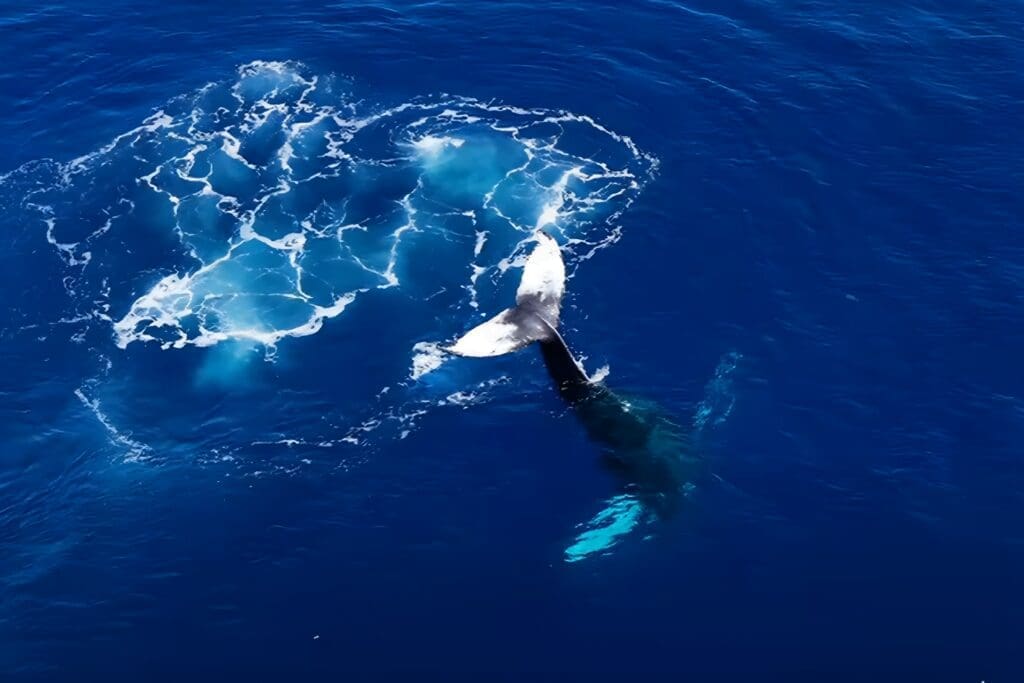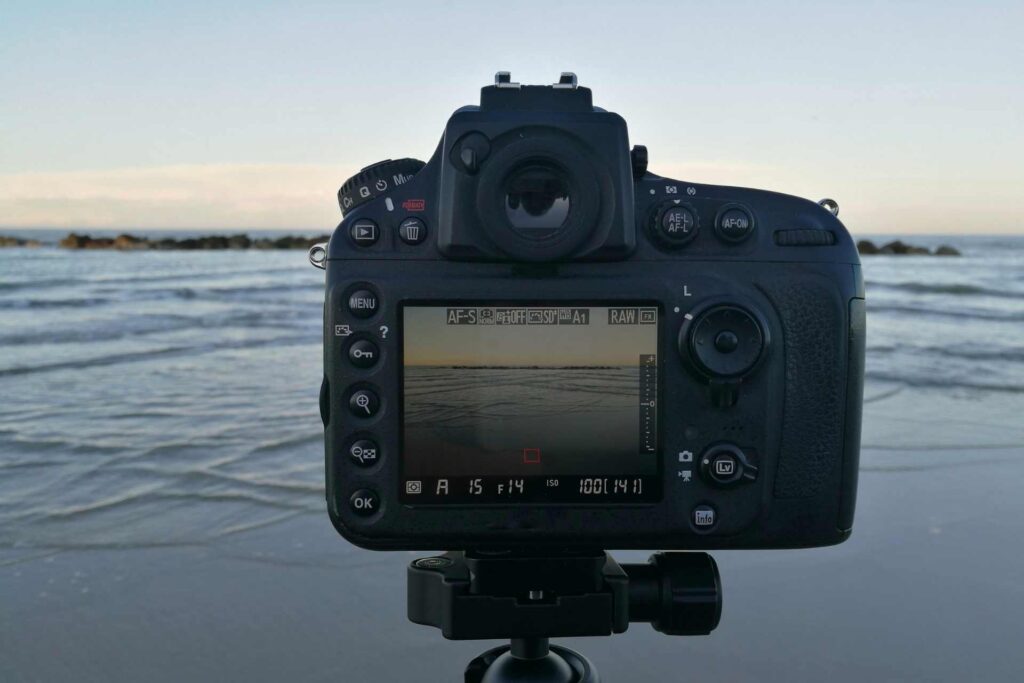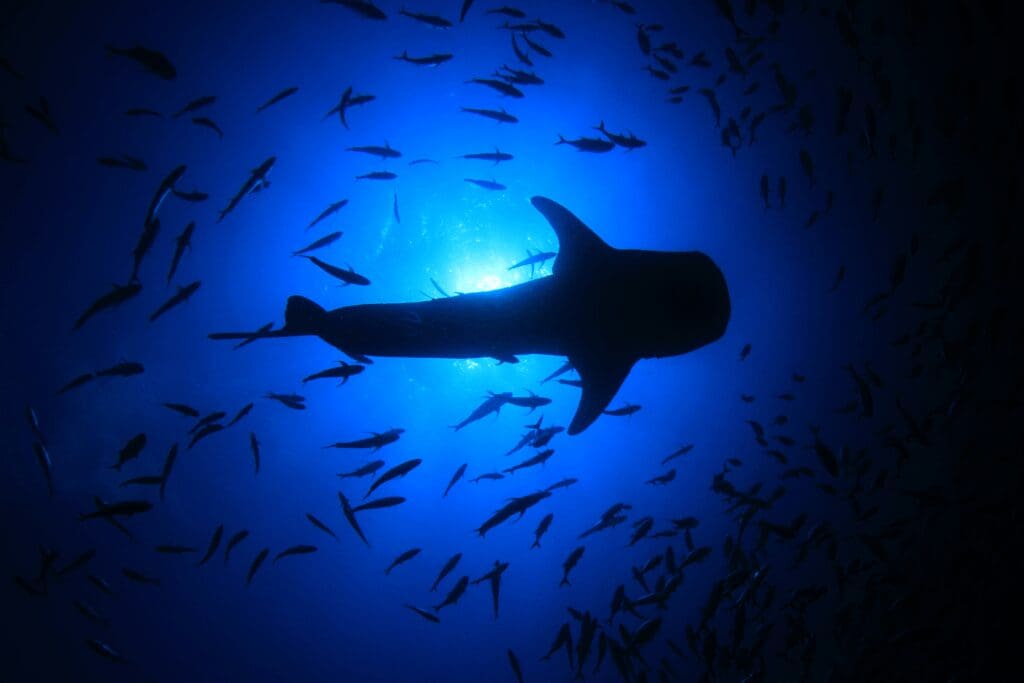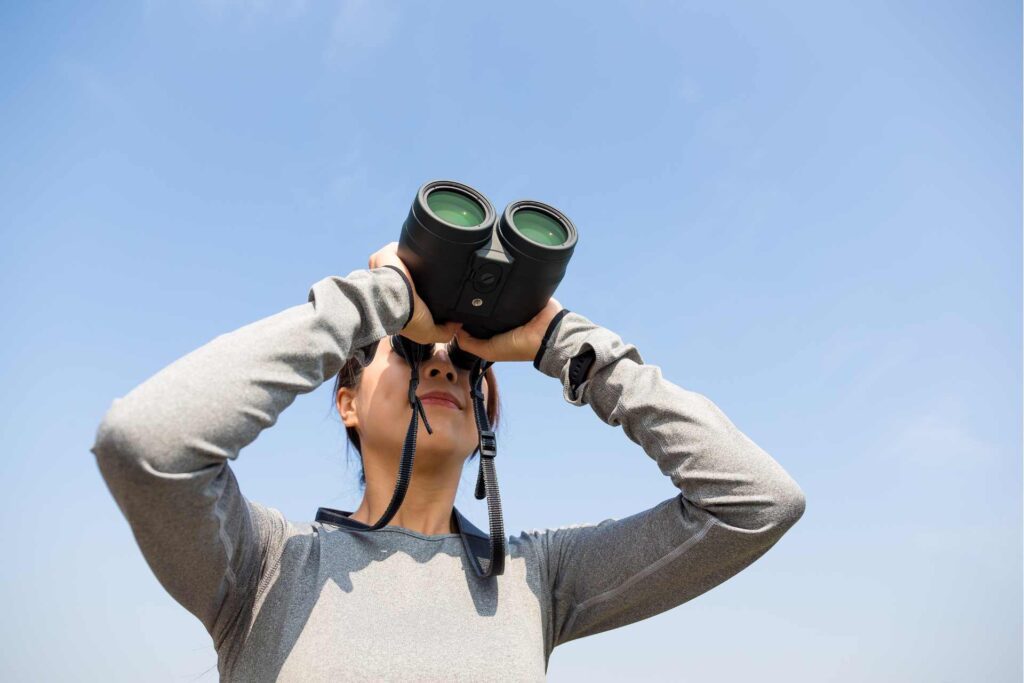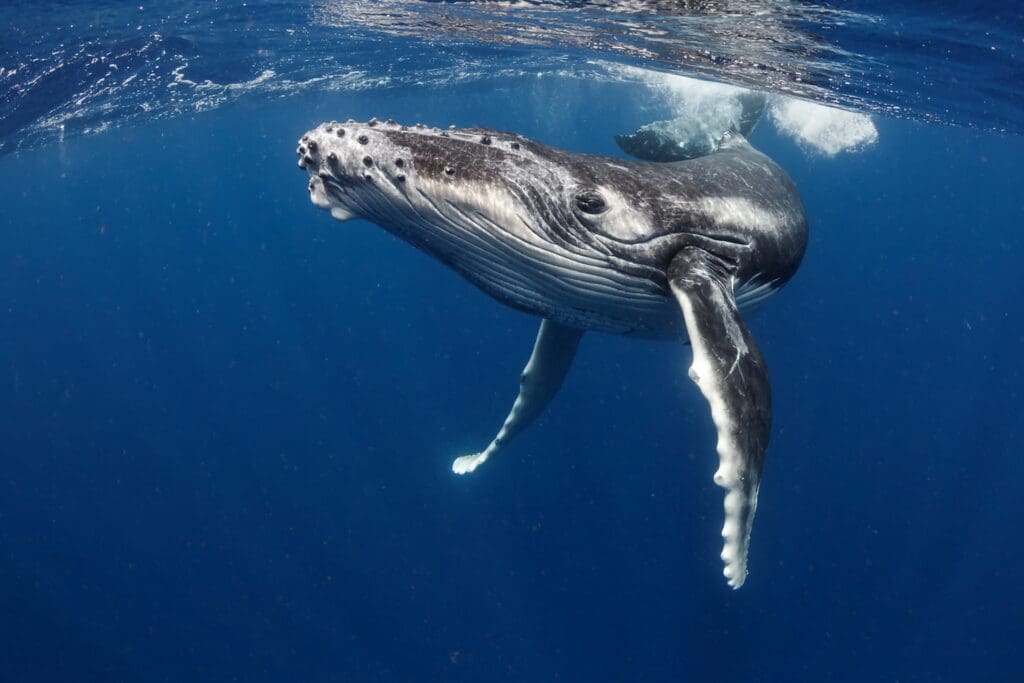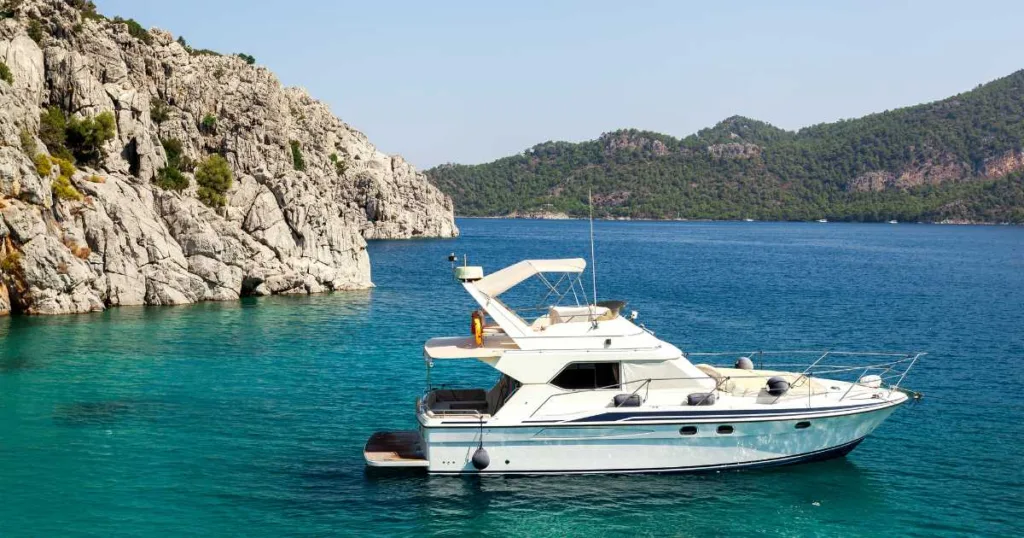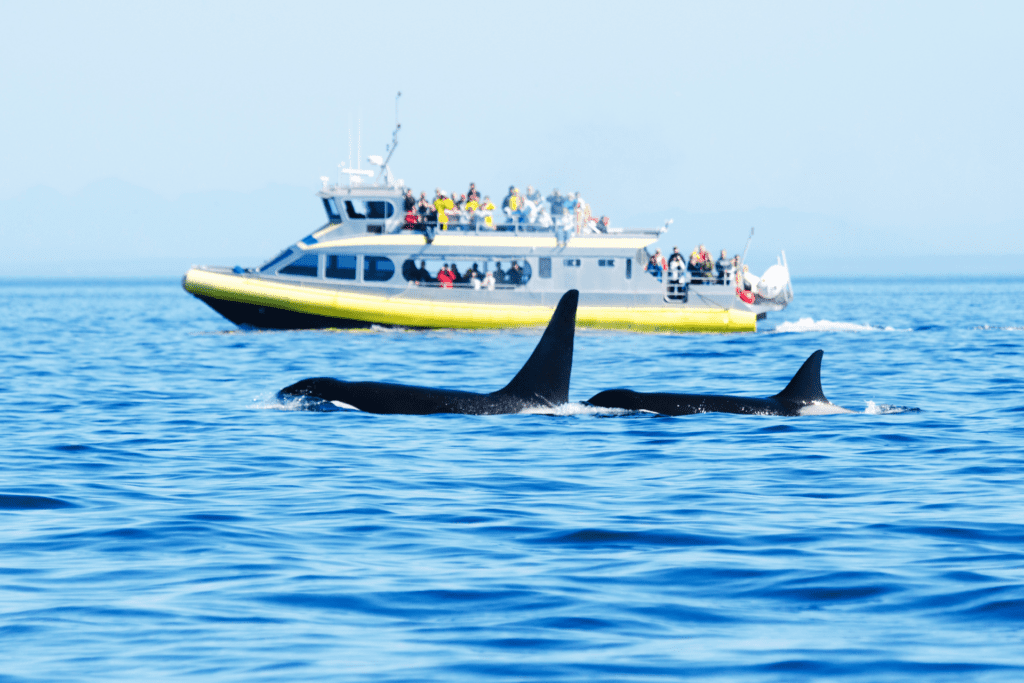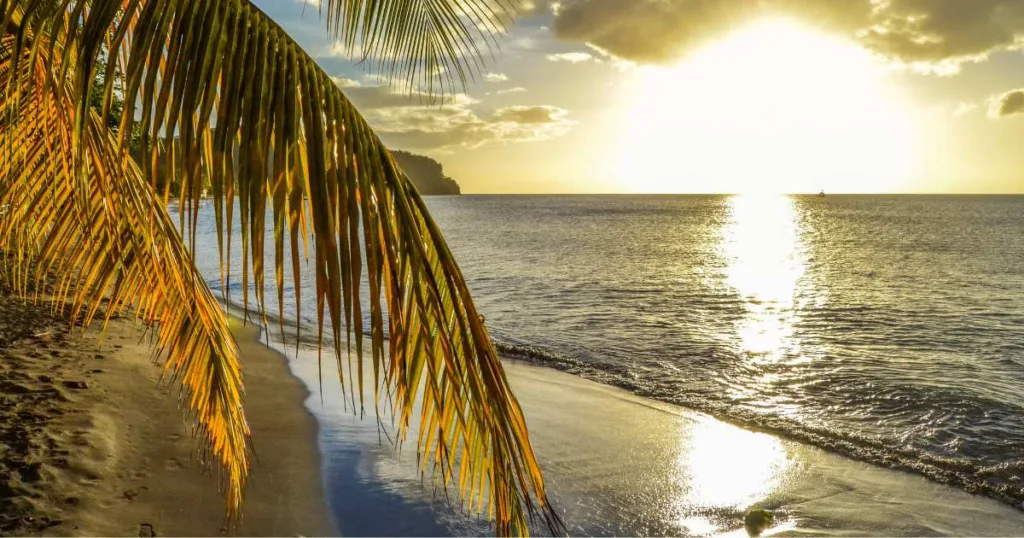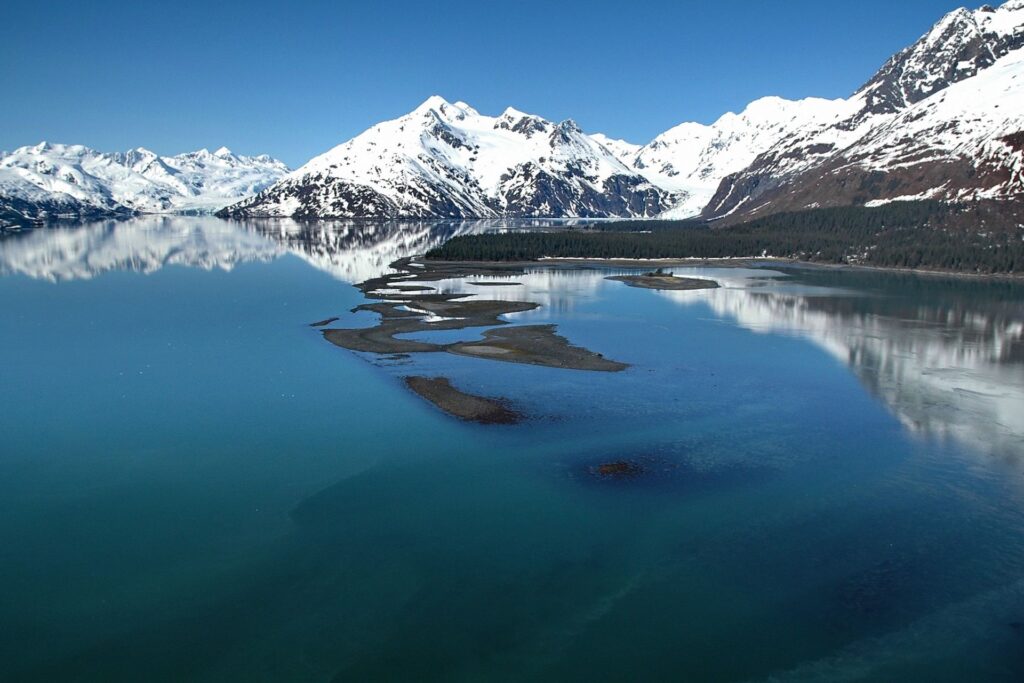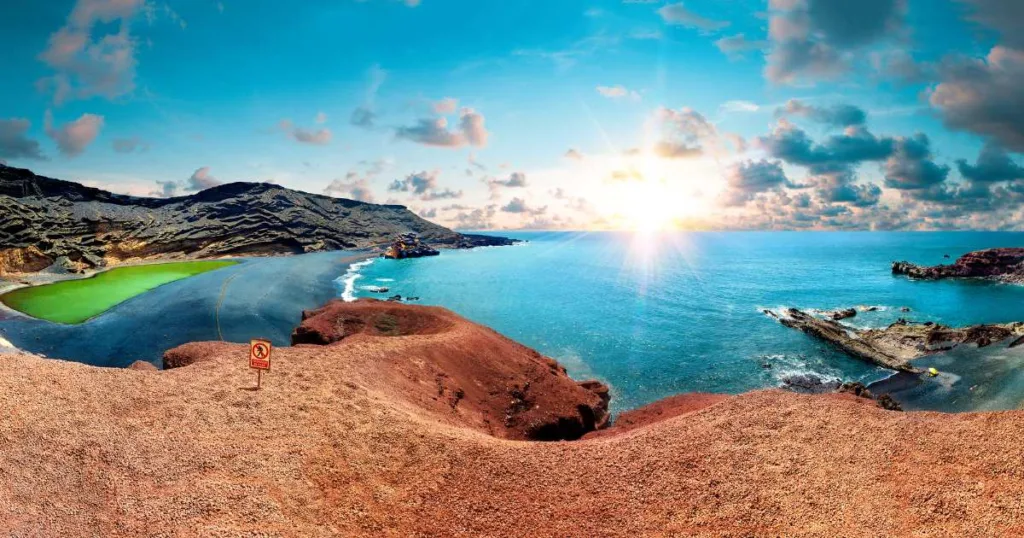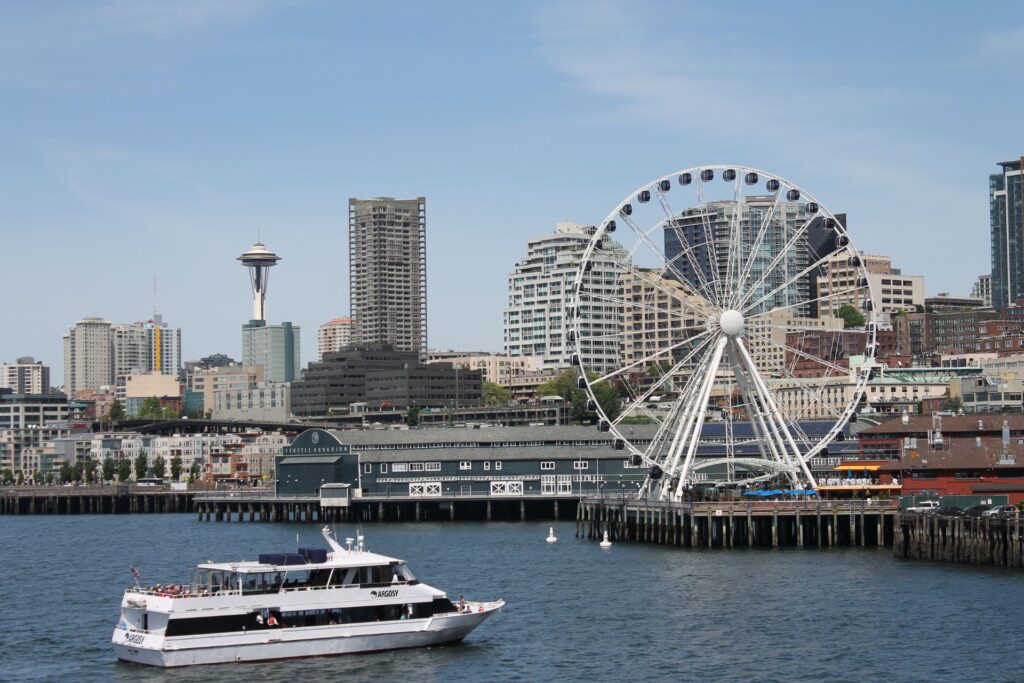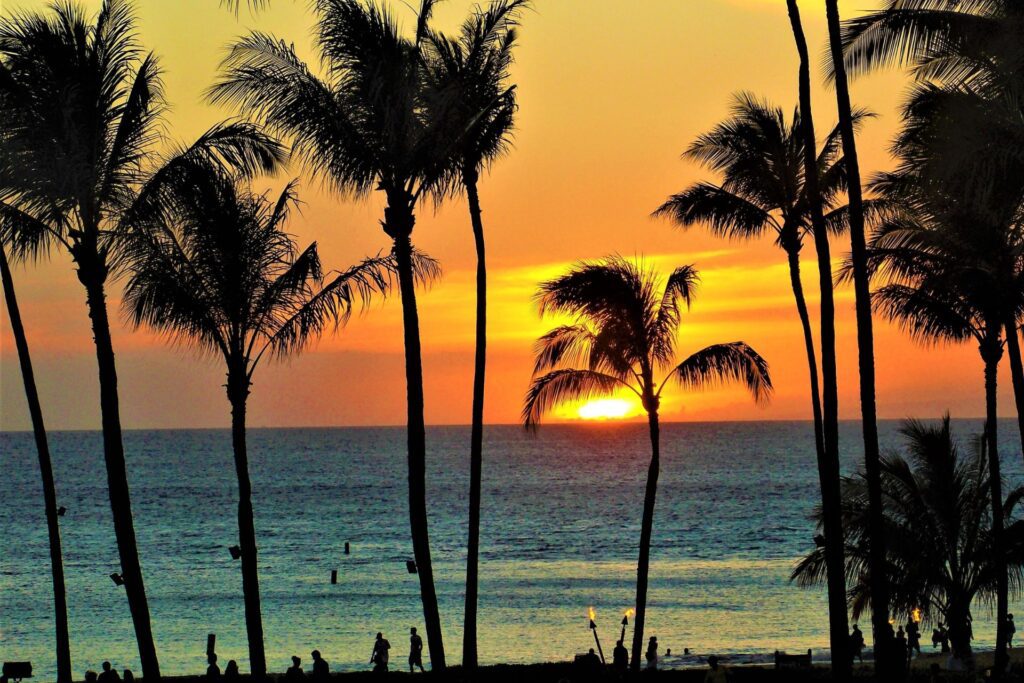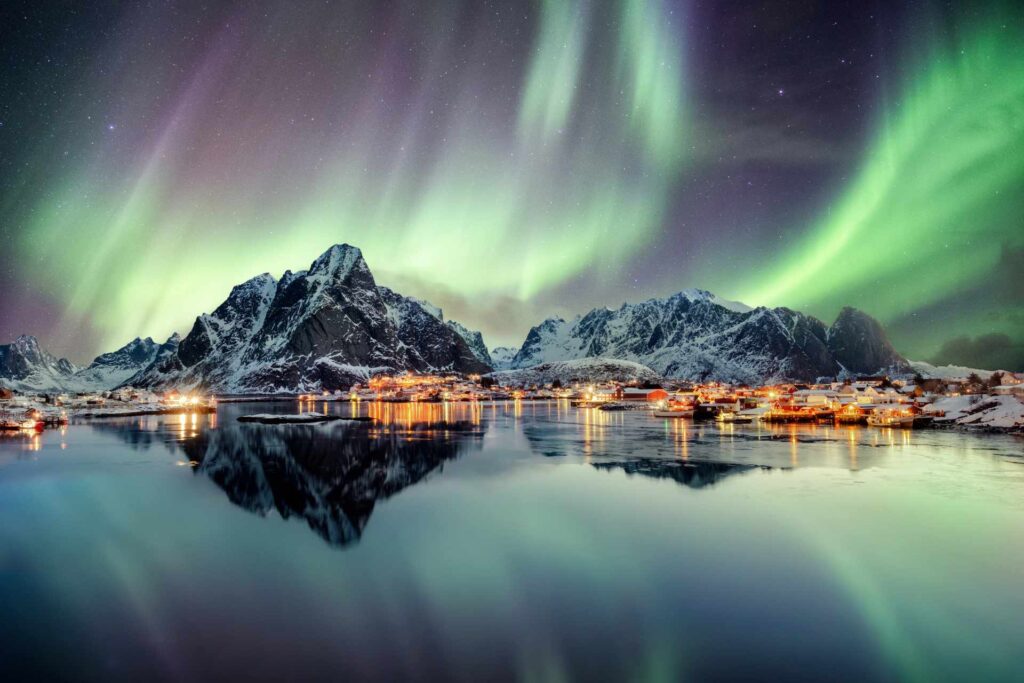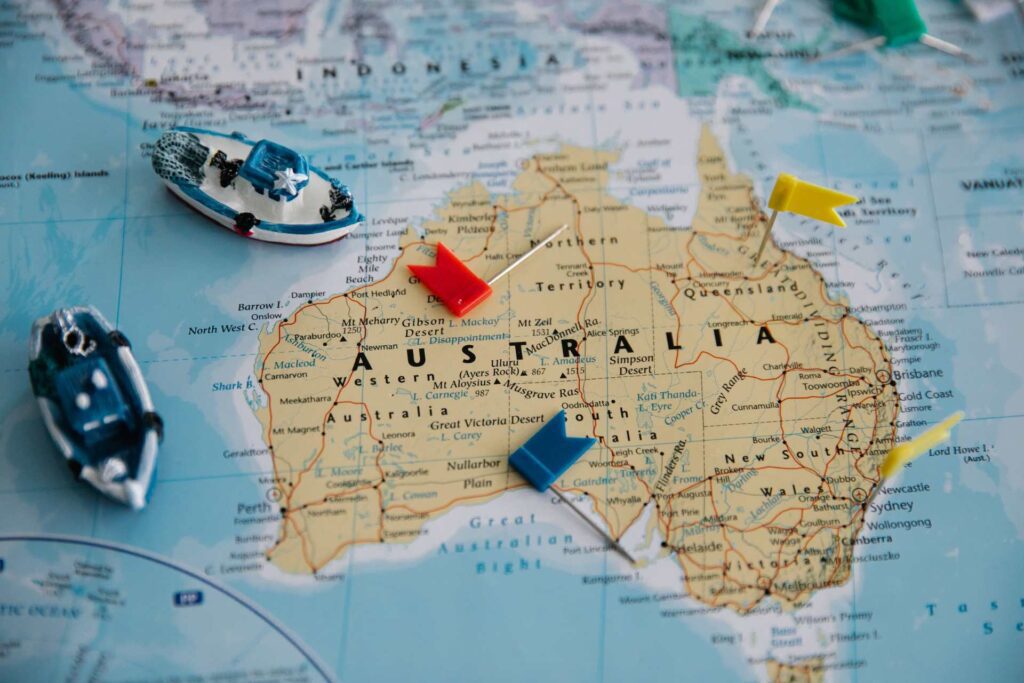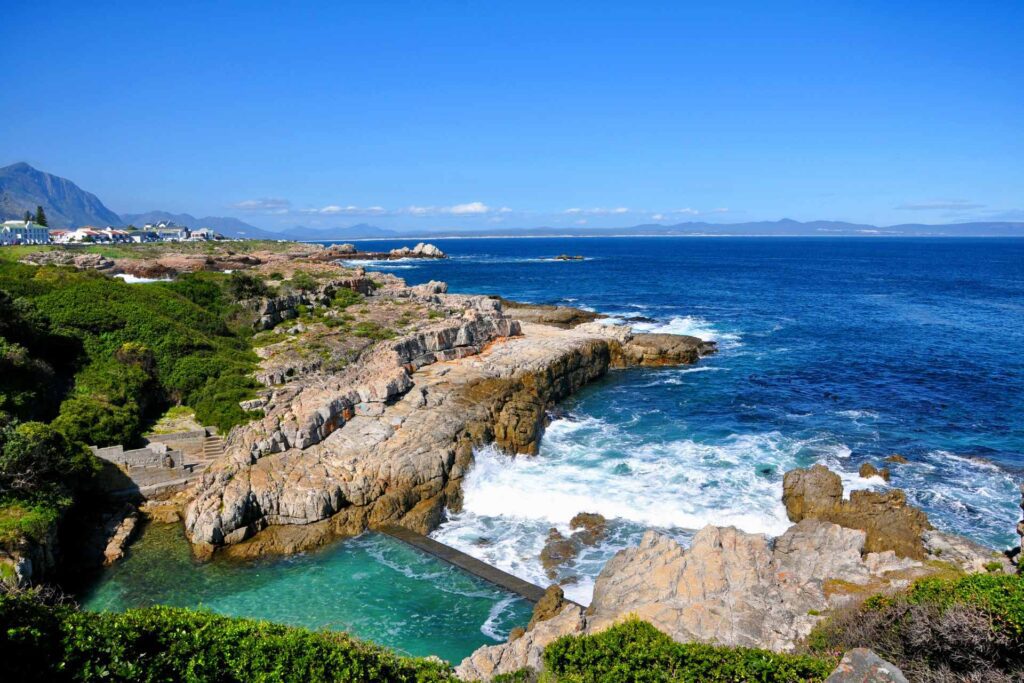Ultimate Whale Watching Guide: Tips and Tricks for a Memorable Experience
Best Time for Whale Watching
Research the best season for whale watching in your chosen location. Different species migrate at different times of the year.
Dress Appropriately
Weather at sea can be unpredictable. Dress in layers, and don’t forget a waterproof jacket. Wear sunglasses and a hat for sun protection.
Choose the Right Tour Operator
Select a reputable and responsible tour operator. Look for those committed to sustainable practices and respectful wildlife interactions.
Seasickness Precautions
If you’re prone to seasickness, take preventive measures. Consider over-the-counter medication or natural remedies like ginger.
Bring Binoculars
A good pair of binoculars will enhance your ability to spot whales from a distance without disturbing them.
Stay Patient and Alert
Whale watching often involves waiting. Stay alert and watch for signs like water spouts, breaching, or tail slaps.
Camera Equipment
If you’re planning to take photos, use a camera with a good zoom lens. Remember to protect your gear from water.
Listen to the Guide
Pay attention to the guide’s instructions and information. They can provide valuable insights about whale behavior and conservation.
Respect Wildlife Regulations
Maintain a safe distance from the whales. Harassing or chasing wildlife is unethical and often illegal.
Stay Quiet and Calm
Loud noises can disturb whales. Stay as quiet as possible when they are near.
Learn About Whales Beforehand
Familiarize yourself with the types of whales you might see and their behaviors. This knowledge will enrich your experience.
Use All Your Senses
Sometimes, you might hear a whale before seeing it. Listen for blows or vocalizations.
Keep Your Environment Clean
Ensure you don’t leave any trash behind. Protecting the marine environment is crucial for whale conservation.
Capture the Moment, But Be Present
While it’s great to take photos, don’t forget to put the camera down and enjoy the experience with your own eyes.
Join Whale Watching Journey!
Ready to dive into the world of majestic whales? Discover the beauty of these gentle giants in their natural habitat. Click below to book your adventure today and embark on a journey that will leave you with memories to last a lifetime.
Discover Whale Watching Across America
- Alaska: Marvel at humpback whales and orcas in the stunning wilderness of the Inside Passage.
- Hawaii: Witness humpback whales in the warm, inviting waters, especially around Maui.
- Boston: Encounter humpback, fin, and minke whales in the rich waters of the Stellwagen Bank National Marine Sanctuary.
- Seattle: Experience orcas and gray whales in the picturesque Puget Sound and San Juan Islands.
Go Whale Watching
Whale Watching FAQs: Quick Insights
Find answers to your most pressing questions about whale watching, ensuring a safe, enjoyable, and informed adventure.

